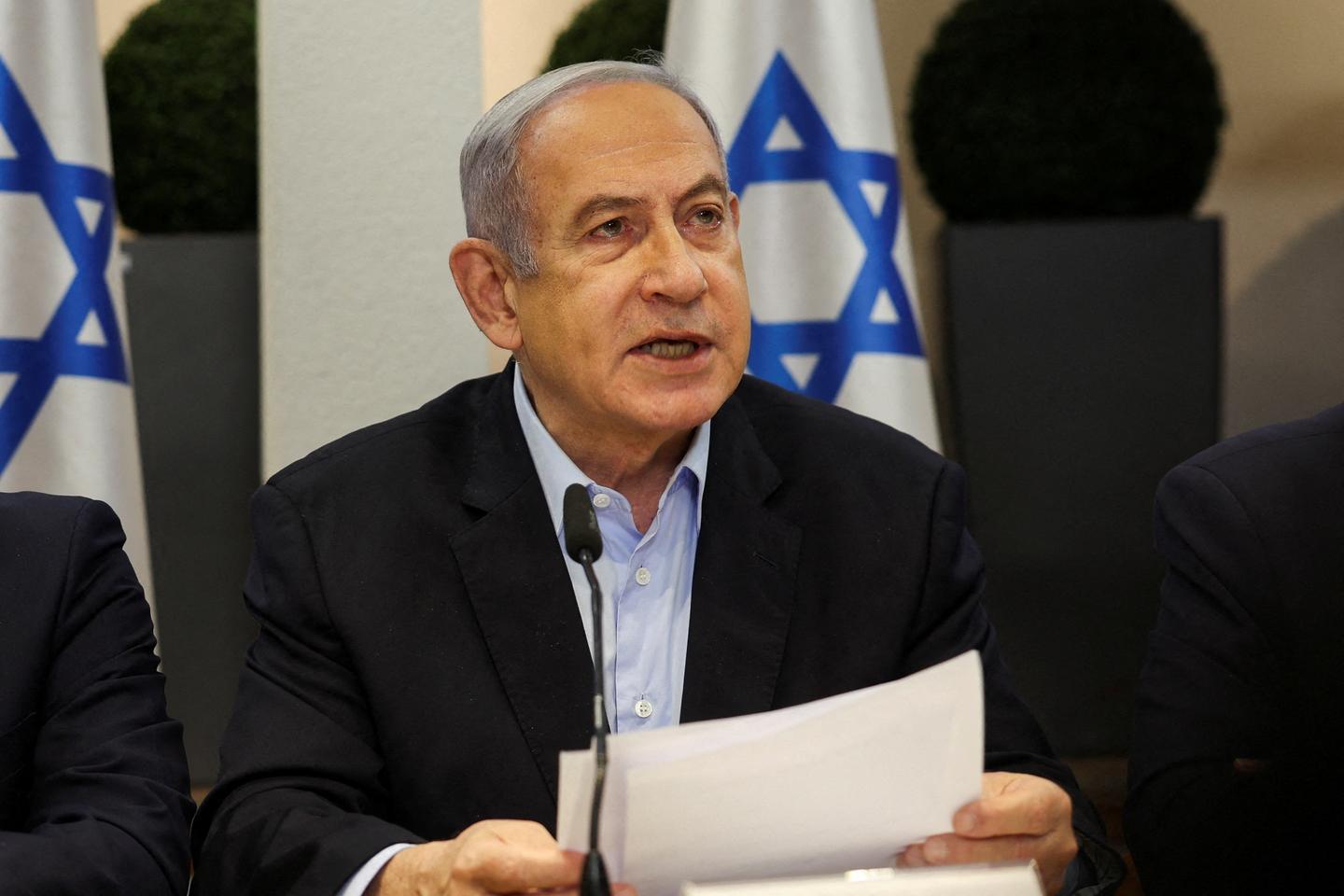


Israeli Prime Minister Benjamin Netanyahu on Wednesday, February 7, rejected Hamas' terms for a cease-fire and hostage-release agreement, calling them "delusional" and leveling harsh criticism of any arrangement that leaves the militant group in full or partial control of Gaza after the war.
He vowed to press ahead with Israel's war against Hamas, now in its fifth month, until achieving "absolute victory." Netanyahu made the comments shortly after meeting the visiting US secretary of state, Antony Blinken, who has been traveling the region in hopes of securing a cease-fire agreement.
"Surrendering to Hamas" delusional demands that we heard now not only won't lead to freeing the captives, it will just invite another massacre," Netanyahu said in a nationally televised evening news conference. "We are on the way to an absolute victory," he said, adding that the operation would last months, not years. "There is no other solution."
He ruled out any arrangement that leaves Hamas in control of any part of Gaza. He also said that Israel is the "only power" capable of guaranteeing security in the long term.
Earlier, Blinken said that "a lot of work" remains to bridge the gap between Israel and Hamas on terms for any deal. He was expected to hold his own news conference later Wednesday.
Three-phase plan
Hamas laid out a detailed, three-phase plan to unfold over 4 1/2 months, responding to a proposal drawn up by the United States, Israel, Qatar and Egypt. The plan stipulates that all hostages would be released in exchange for hundreds of Palestinians imprisoned by Israel, including senior militants, and an end to the war.
Israel has made destroying Hamas' governing and military abilities one of its wartime objectives, and Hamas' proposal would effectively leave it in power in Gaza and allow it to rebuild its military capabilities.
US President Joe Biden said Hamas' demands are "a little over the top" but that negotiations will continue. Blinken, who is on his fifth visit to the region since the war broke out, is trying to advance the cease-fire talks while pushing for a larger postwar settlement in which Saudi Arabia would normalize relations with Israel in return for a "clear, credible, time-bound path to the establishment of a Palestinian state."
"There's a lot of work to be done, but we are very much focused on doing that work," Blinken told Israeli President Isaac Herzog.
